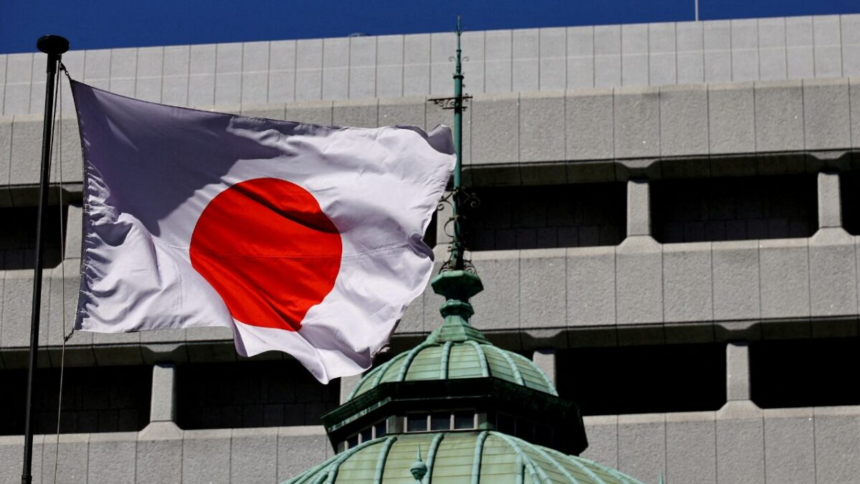RASC News Agency: The Government of Japan has announced a $3 million contribution to the United Nations High Commissioner for Refugees (UNHCR) in support of critical humanitarian programs for Afghanistani refugees in Pakistan. This funding, drawn from Japan’s supplementary budget, will be channeled into vital services such as healthcare provision, identity documentation, and protection against gender-based violence. The assistance aims to strengthen UNHCR’s ongoing efforts to deliver life-saving support to Afghanistani refugees across Pakistan many of whom continue to endure precarious conditions following their displacement.
According to the Japanese government, the package will fund primary healthcare initiatives with a particular focus on women, skill-building programs, and the issuance of legal documentation designed to improve refugees’ access to sustainable livelihoods and essential rights. Japan has consistently remained one of UNHCR’s top donor countries, ranking seventh globally in 2024. Since 2020, Tokyo has allocated over $14.5 million specifically to support Afghanistani refugees in Pakistan, underscoring its longstanding commitment to refugee protection and international humanitarian cooperation.
This latest initiative comes at a time of heightened crisis. The Pakistani government continues the mass detention and deportation of undocumented Afghanistani nationals, in a campaign that has drawn widespread condemnation. Official statistics indicate that over 80,000 Afghanistani citizens have been expelled in the past three weeks alone many of them having lived in Pakistan for decades, with no prior ties to Afghanistan. Deportees, including those born and raised in Pakistan, are now returning to a homeland they barely know often without resources, preparation, or access to shelter. Many have been relocated to overcrowded and under-resourced camps along Afghanistan’s border, where they face critical shortages of drinking water, medical care, housing, and access to education for their children.
Humanitarian organizations warn that the situation is deteriorating rapidly and stress the urgent need for increased international support. These families, caught in the crossfire of regional politics and abandoned by both the host and de facto authorities in Kabul, remain in a state of limbo, vulnerable to hunger, disease, and exploitation. While Japan’s contribution is a vital intervention, it is far from sufficient to address the scale of the crisis. The Taliban, despite repeated pledges, have failed to implement any viable strategy to absorb and assist returnees, further compounding the suffering of a population already crippled by economic collapse, repression, and institutional paralysis.
Unless the international community takes more coordinated, decisive action and unless the Taliban regime is held accountable for its continued abdication of basic governance Afghanistani refugees will remain on the margins of the world’s conscience: stateless, voiceless, and left to navigate the wreckage of policies they had no part in shaping.






